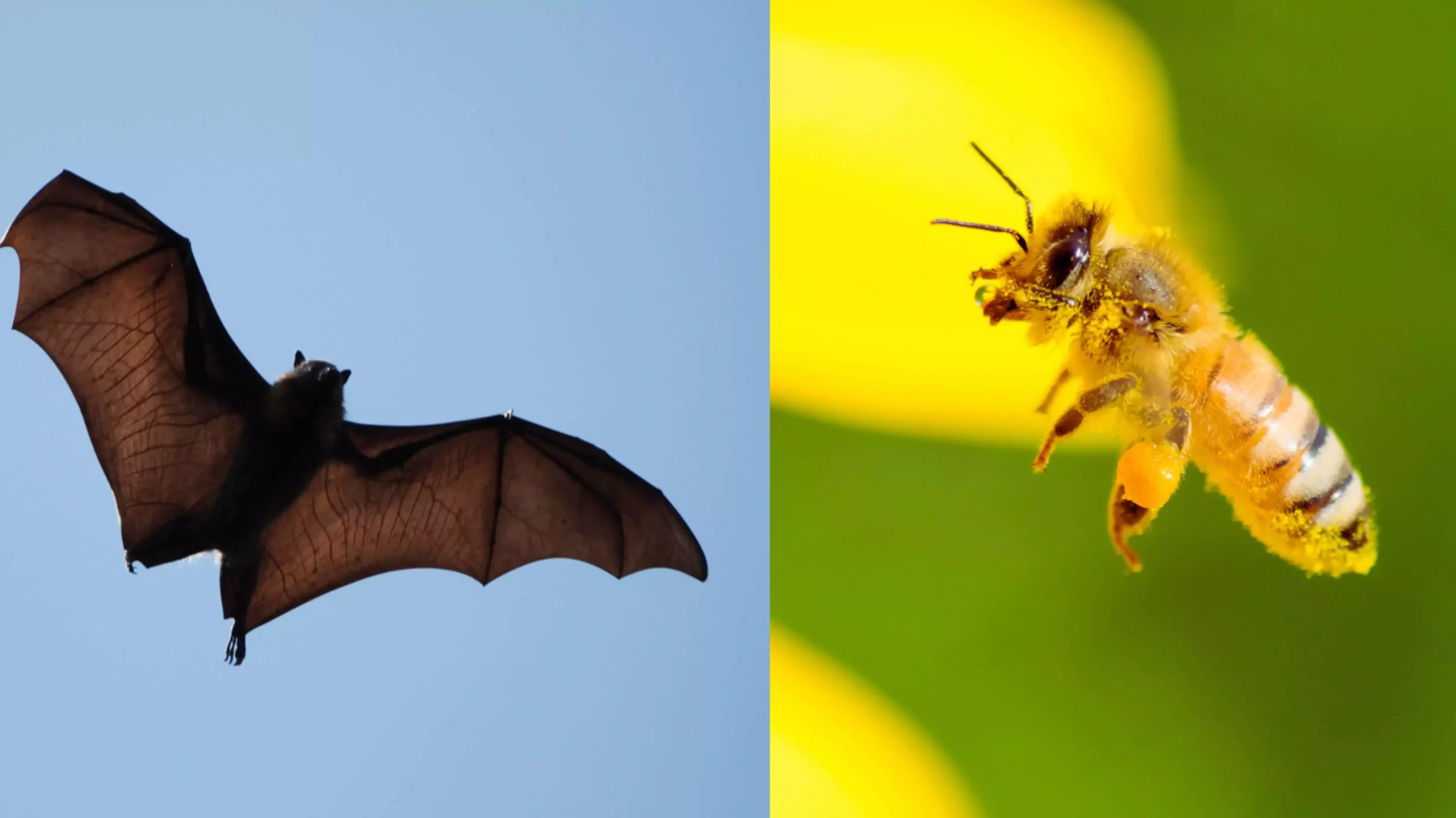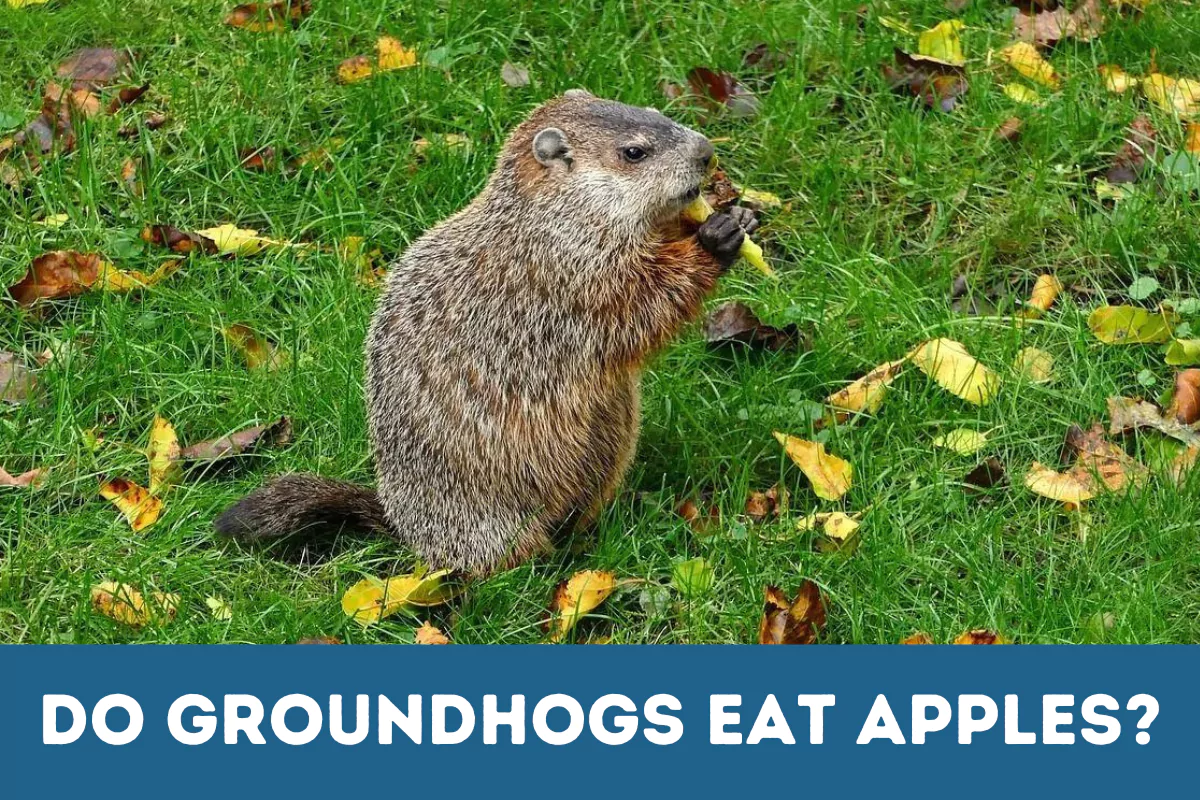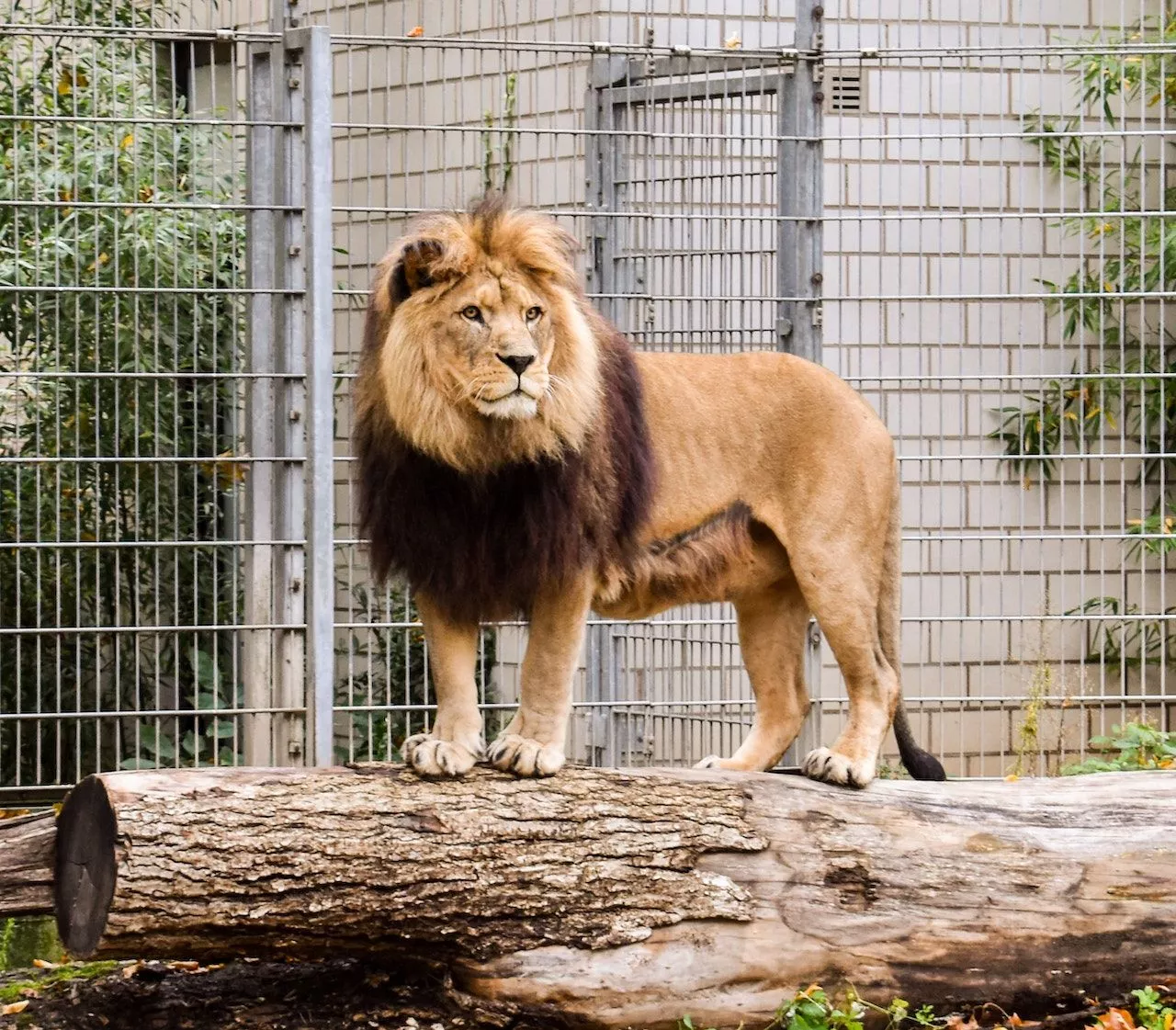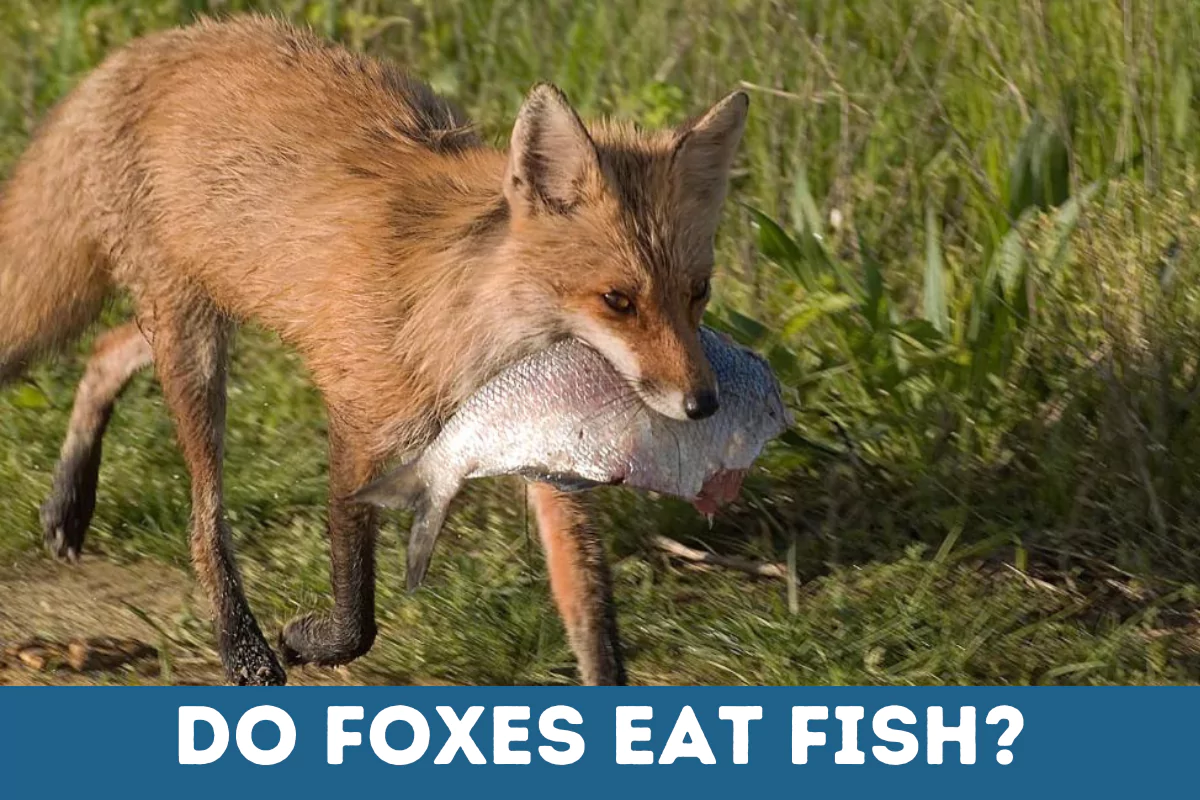Though bats seem scary and creepy, they also have a special place in the ecosystem. They contribute to plant pollination and control of the insect population. So, first, let’s give bats the credit they deserve! But do they eat bees?
If you’re new to beekeeping or simply curious about various creatures, you may find yourself pondering whether bats have a taste for bees. Whatever your reason for arriving here, we’re happy to explore this question with you.
Do Bats Eat Bees?
Bats typically do not consume bees, mainly because bats are nocturnal while bees are diurnal. So, it is rare for these two species to interact in their natural habitats. Nevertheless, if bats come across bees, they will eat them as they feed on almost all types of insects.
Both of these creatures play a vital role in the ecosystem. According to a study report, if pollinators like bats and bees go extinct, then 75% of native plants would vanish in the United States.
A bat’s diet will vary depending on its species and habitat, but most feed on insects. These flying mammals can eat up to 10,000 insects per night, and bees are no exception (if they have the opportunity).
It is no wonder to say that almost 70% of a bat’s diet is just insects. Insects of different kinds. The other 30% will be seeds, fruits, and pollen from flowers.
So, though insects are the primary food source for bats, bees have an advantage as they are active during the day while bats hunt at night.
In order to maintain balance in the ecosystem and control predation and competition, every creature has been gifted with a unique lifestyle and behavior by Mother Nature. This ensures that all species coexist harmoniously and thrive in their respective habitats.
Also Read: Do Bats Make Nests?
Do Bats Eat Honey Bees?
Honey bees live in their hives, which they make out of wax. Most honeybees are active during the day except for a few species, like the African honeybee and the giant Asian honeybee.
So, among honey bees, the giant Asian and African honey bees are most likely to encounter bats as they are crepuscular (they get active and forage during twilight). And bats would eat honey bees like any other insect when they have the chance.

Do Bats Eat Carpenter Bees?
Among carpenter bees, Indian carpenter bees are the only species that are more prone to bat attacks.
Carpenter bees, known for their unique nesting skills, have a knack for carving out tunnel nests in materials like bamboo and wood.
As most carpenter bees are entirely black, they are easier to mistake for bumblebees. But if you observe, you can spot the difference in the tail region. These solitary bees have shiny black tail sections.
The majority of carpenter bee species are diurnal, with the exception of the Indian carpenter bee.
Remarkably, the Indian carpenter bee has developed the exceptional skill of foraging even during the darkest nights, which sets it apart from other species of bees. They can do this feat using their massive photoreceptors to enhance their night vision.
Will Bats Attack A Beehive While The Bees Are Asleep?
As we know that bats are night predators, this question often may pop up in our minds, whether bats attack beehives while the bees are sleeping inside at night.
Bats use echolocation skills to catch their prey, so they are more inclined to prey on moving insects and won’t bother to attack a static fixture like a beehive.
When a bat catches an insect, it will hold it down with its tail and rotate its wings to grasp that bug and pull it into its mouth. So, if you ever see a bat in the air but moving oddly, it must be feeding itself.

As most hives are located closer to the ground and don’t move, bats won’t show much interest in them. Instead, they hunt insects and other small creatures that fly at their level.
What Are The Predators Of Bees?
Even though bees are small and have the ability to sting, they have many predators, and many animals like to have them as their favorite meal.
Bears:
We know that bears love to eat honey, but in this process, they won’t back off from destroying the whole hive just to taste the honey.
So, though the bears’ primary target is honey but not the bees, they still would readily eat any bees and larvae inside the hive as they see them as an additional source of protein.
Due to their size, bears can be a severe threat if you are a beekeeper, as they can quickly destroy them with their strength.
Also Read: Do Bats Eat Spiders?
Bee-eater Birds:
These birds are primarily found in Africa, Asia, and some parts of Europe. Though these birds eat different insects, they mostly prefer to eat bees and wasps.
Bee-eaters would catch the bees in the air and hit them on the ground before eating to remove the stringer and venom from the bees. But the interesting fact is that they never attack beehives. They only catch bees and devour them.
Skunks:
Skunks also love to eat bees, and in fact, bees are one of the favorite meals of skunks. But unlike bears, skunks don’t target beehives. They directly target bees like bee-eater birds.
It’s fascinating to watch skunks eating birds. They spit out the parts of the bees they didn’t like after sucking on them.
Wasps:
Wasps are another big bee predator; they attack both the bees and their hives. First, they choose an easier target (beehive) suitable for attacking and killing the bees before stealing all the larvae and honey.
As wasps are bigger than bees, it would take around five bees to defend and kill a wasp.
Final Words:
Bats and bees are similar in the aspect that they both eat pollen and nectar. But they have different schedules; while bats are nocturnal animals and bees are diurnal, it is unlikely for a bat to encounter bees, but if it happens, the bat will eat the bee without any second thought.
But as this phenomenon is uncommon, we can say that bats don’t eat bees much, considering they are natural insect predators.








